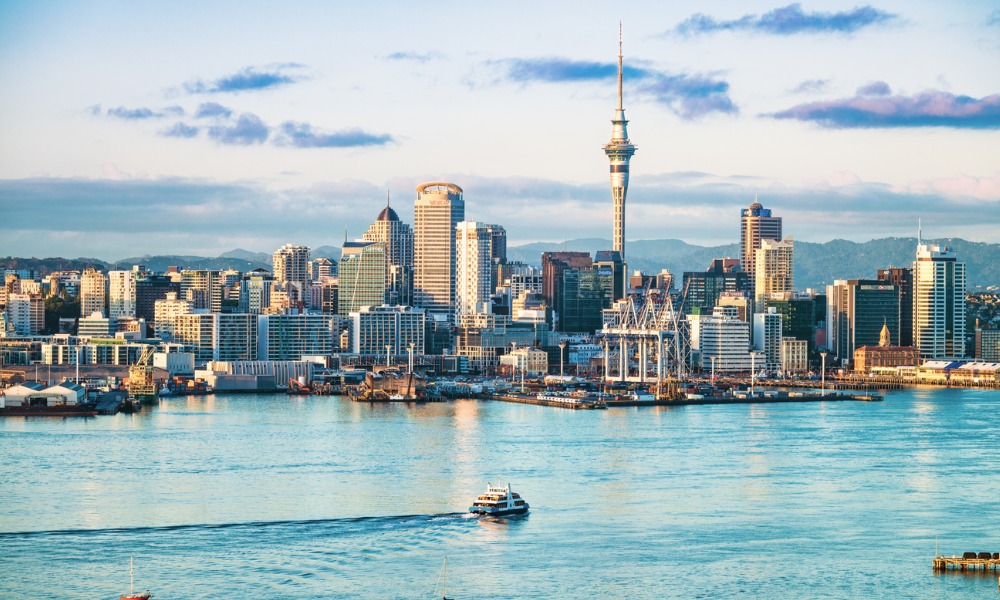
Index looks at 60 GDP countries, evaluating wages, leaves, healthcare, working hours and inclusivity

New Zealand is the best country for work-life balance.
This is according to the latest Global Life-Work Balance Index by employment and hiring company Remote, which assessed the quality of work-life balance across the world's 60 GDP countries.
New Zealand had a score of 79.35 out of 100, which is determined through factors including minimum wage, sick leave, maternity leave, healthcare availability, public happiness, average working hours, and LGBTQ+ inclusivity.
"Boasting a strong economy, New Zealand ranks at #1 in Remote's list by scoring highly across several metrics, offering a generous statutory annual leave allowance (32 days), a high rate of sick pay (80%), and a government-funded universal health care system," Remote said in a media release.
The index also considered New Zealand's paid maternity leave (26 days) and payment rate ($177.00 per week), its minimum wage (US$15.04 per hour), as well as the average hours worked there per week (26.3).
New Zealand also saw a happiness index score of 7.2 out of 10, while its LGBTQ+ inclusivity rate was 78 out of 100.
Early this year, Auckland was fifth out of 128 major cities across the globe when it comes to work-life balance, according to Forbes.
"The city has a relaxed and friendly atmosphere, making it a comfortable and enjoyable place to live and work. It is home to a growing and diverse economy, providing ample employment opportunities across a range of sectors," Forbes previously said.
Top 10 nations for work-life balance
Meanwhile, Remote's full list of top 10 nations for work-life balance include the following countries:
European countries dominated the top 10 alongside Oceania, indicating a "modern and strong work culture" there with emphasis on support and inclusivity, according to Amanda Day, Director of People Enablement at Remote.
The United States, one of the biggest nations by GDP, landed on the 53rd spot, with a score of 37.52.
"We were surprised to see the United States, one of the biggest nations by GDP, unable to break into the top 50 – which suggests there are many areas where the States can improve," Day said in a statement. "We would like to see the US make big strides among our ranking factors when revisiting this study in the future."
Beating burnout
The global work-life balance study was carried out to show people that it's possible to get the most out of their personal lives and career, according to Day.
This comes as burnout continue to plague workplaces across the world. In the US, nearly three in four professionals there are reporting rising burnout, according to Robert Half.
"Burnout has been a hot topic of conversation in the news and among workplace cultures," Day said. "While the world of work has come a long way since embracing remote-first attitudes and flexibility, there's still work to be done across the globe to strike a perfect balance between our personal and professional selves."